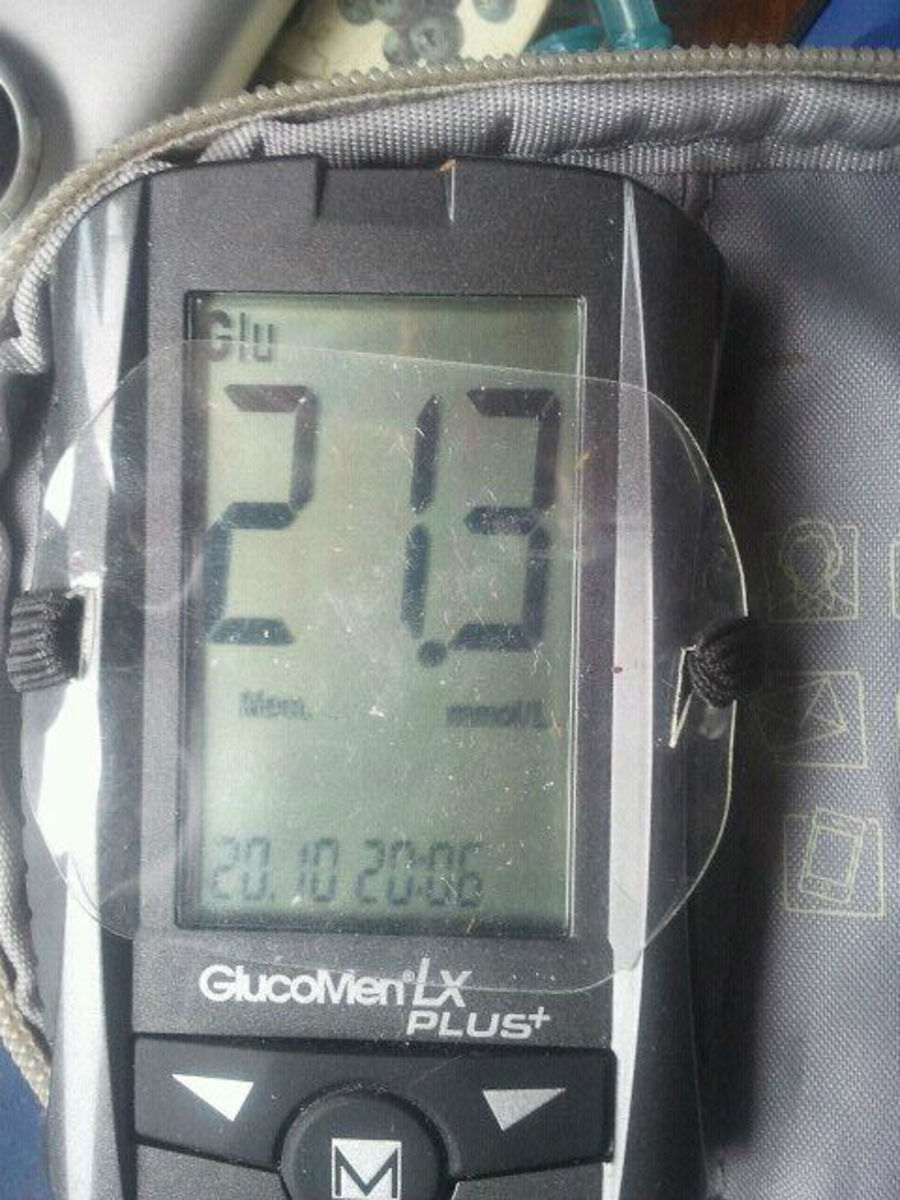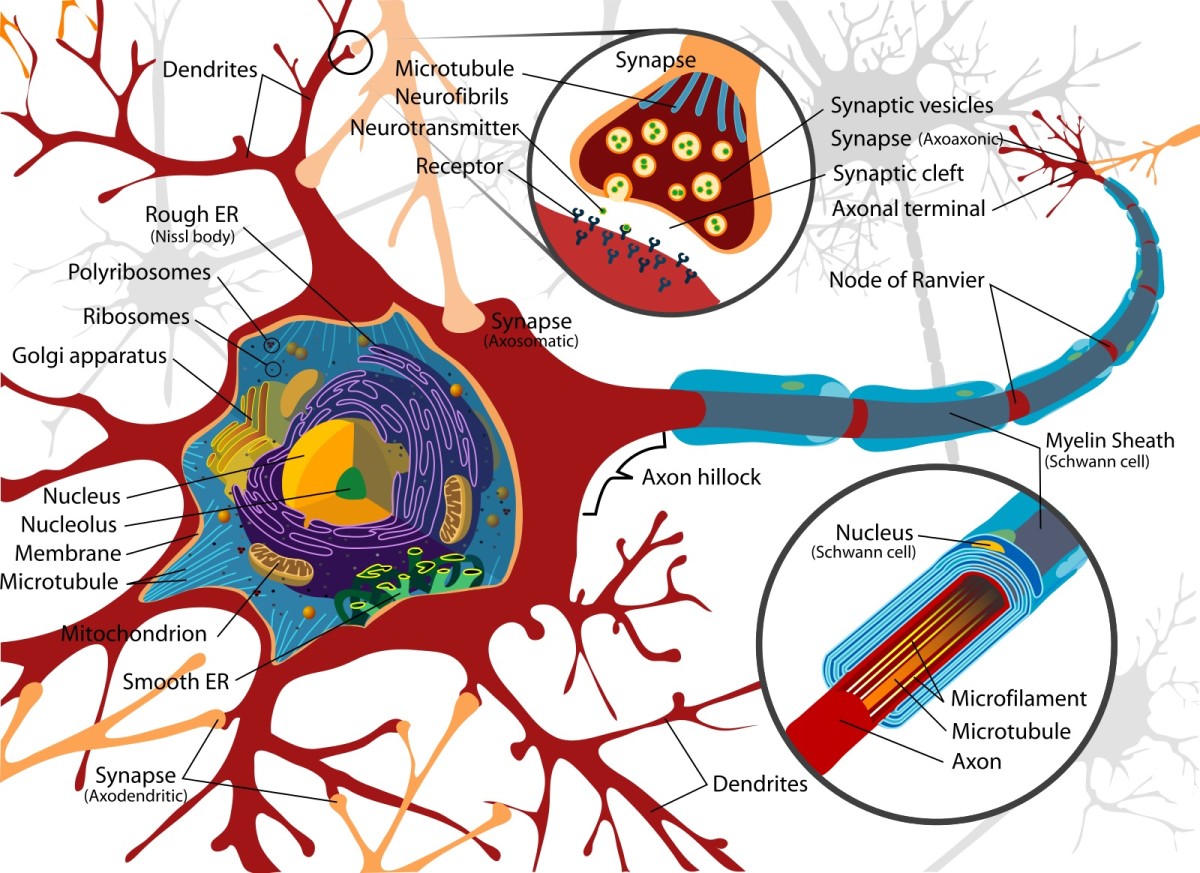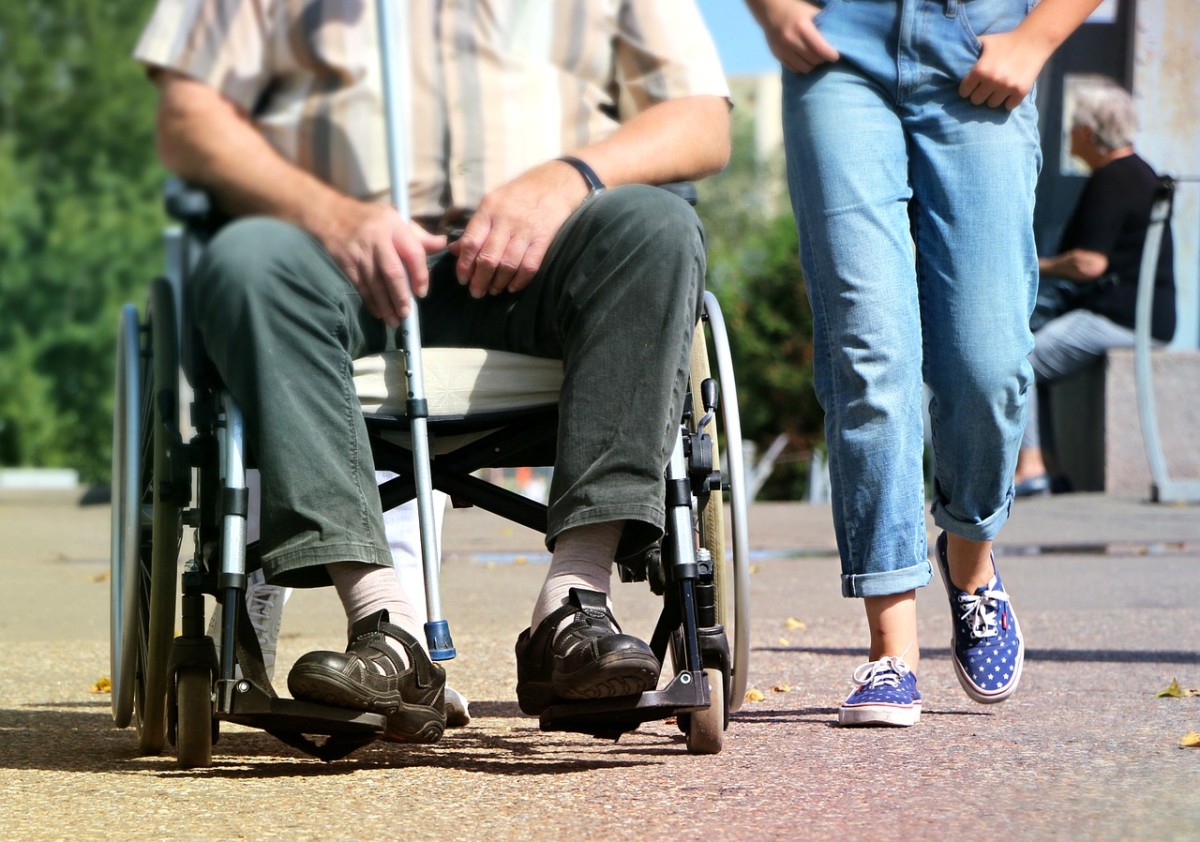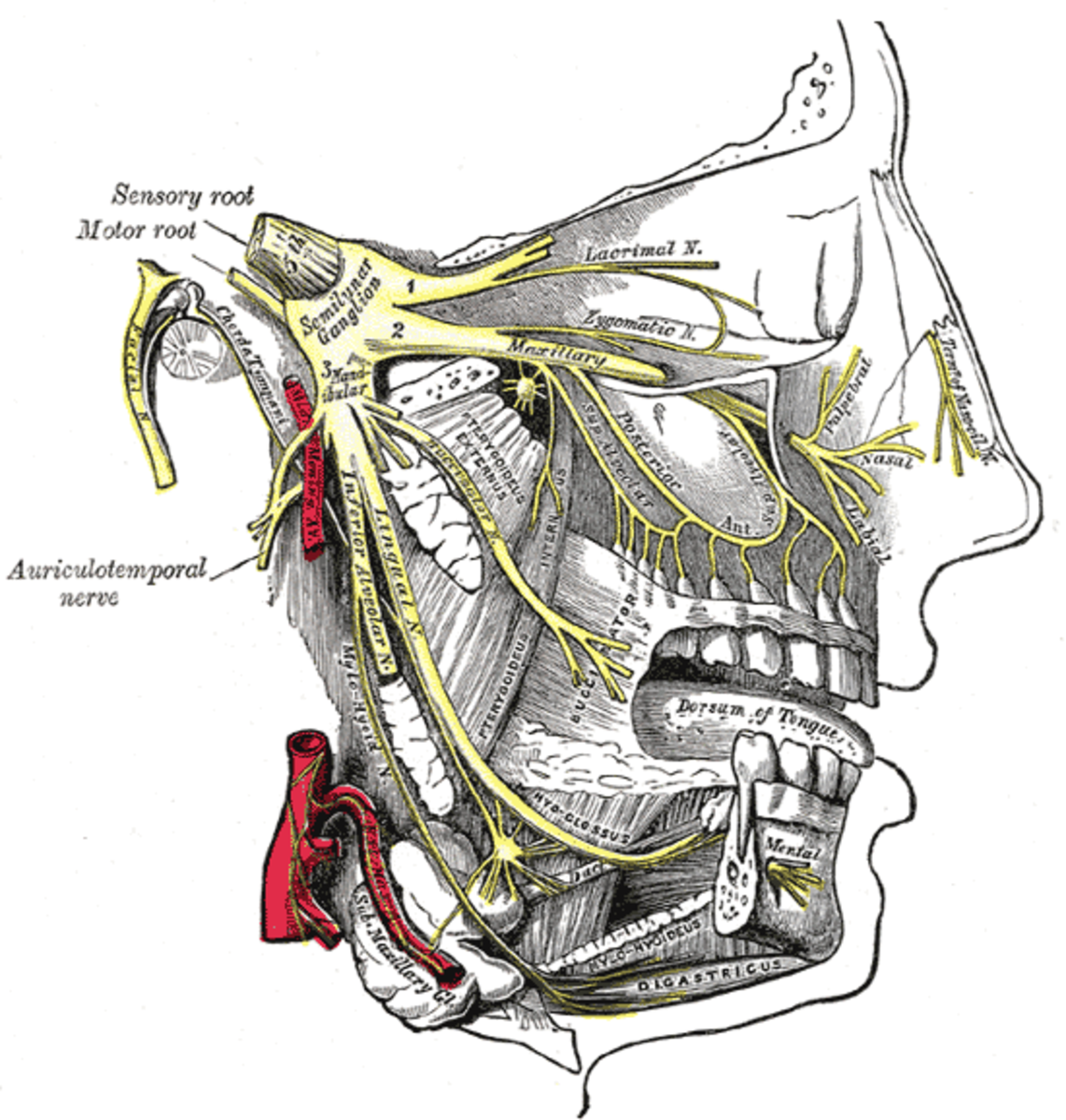How to Recover and Manage Diabetic Neuropathy
One of the most common and widely prevalent forms of neuropathy, diabetic neuropathy is a medical condition whereby high blood sugar levels in the body caused by diabetes serve to inflict damage on the nerves, resulting in distorted functionality. While the symptoms of this condition can be felt anywhere from the upper to the lower extremities of the body, diabetic neuropathy usually takes a heavy toll on the feet. Apart from physical damage, other symptoms of diabetic neuropathy include anxiety, restlessness and insomnia. According to most recent studies, around 60 to 70% of all diabetic patients develop this condition at some point in their lives. The stats mentioned above just go to show how serious a challenge diabetic neuropathy poses not only to those who suffer from it, but also to the health industry as a whole.
Once contracted, diabetic neuropathy continues to haunt the patients with frequent outbreaks of pain. However, although this menace cannot be eliminated entirely, there are several ways how the pain caused by this detrimental disorder can be managed. From the use of medical drugs to natural ways, diabetic neuropathy is a condition that can be controlled and one that the patients can recover from to a large extent. Thus, below are 3 really effective ways that can help patients recover from diabetic neuropathy.
Most common effected areas of Diabetic Neuropathy
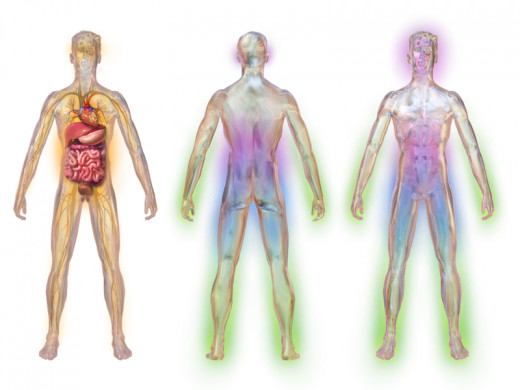
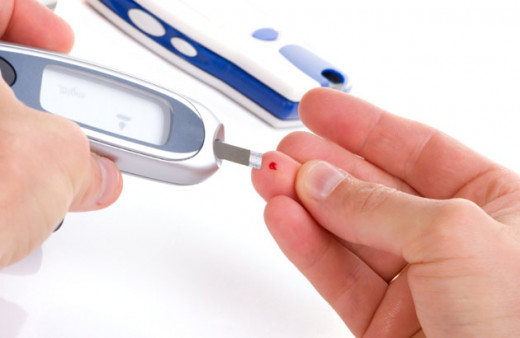
How long has Diabetic Neuropathy affected you?
Treating Diabetic Neuropathy
1. Be Careful About Your Diet
The primary reason for the contraction of diabetic neuropathy is the high blood sugar levels in the body. Those whose diet involves the consumption of high amounts of sugar and glucose are more prone to developing diabetes than those who control their sugar intake. Therefore, it makes perfect sense for patients to monitor their sugar levels and the best way to do so is by controlling the diet. Foods that are rich in sugar should be avoided at best. Even if there are cravings for sugary foods, their intake should be limited. While the monitoring of sugar intake will not reverse diabetes or diabetic neuropathy, it will ensure that the symptoms do not escalate.
2. Emphasize On the Importance of Exercise
Most of us have a belief that exercise should be limited only to gym junkies. Unfortunately, this popularly held belief is entirely incorrect and a major reason for the high prevalence of several muscle and bone related diseases. Exercise is integral for good health and even more so for people with diabetic neuropathy. Not only does exercise help restore muscle flexibility and movement, but it also stimulates growth and helps in the recovery process.
3. Reduce Stress Levels
These days, it is almost impossible to live a hassle-free life. However, this does not mean that people should let stress get to their minds. What makes stress so detrimental for diabetic neuropathy is the fact that it results in the release of certain toxins in the body, which add to the pain. Furthermore, taking stress increases mental pain which further adds to the worries of the patients. Hence, it is suggested that patients try to be as stress free as possible and give themselves ample time to relax.
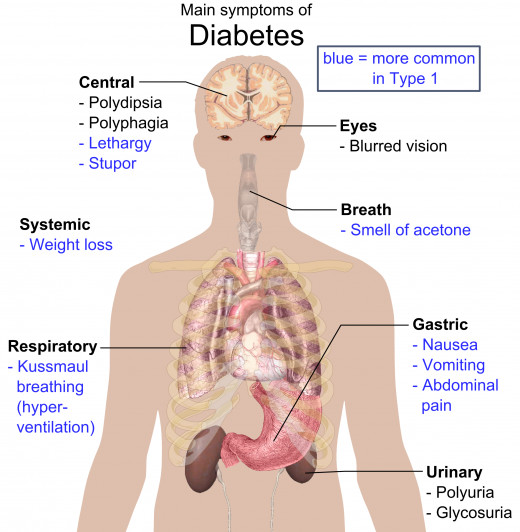
Diabetic Neuropathy is a condition not a Disease
Diabetic neuropathy is a condition and not a disease per se. It is caused by diabetes, a metabolic disorder that can greatly cause nerve damage. Uncontrolled diabetes is characterized by a persistent increase in blood sugar levels. While this may not be serious for some, it can actually cause a lot of complications, and one of this is diabetic neuropathy. The latter can occur at any part of the body but the most common site affected is the lower extremities. Anatomically, the legs are far from the heart thus problems in blood supply may occur.
The manifestations of diabetic neuropathy come in varying degrees. It will mainly depend on which parts or organs of the body are affected, the acuity of the neuropathy and the type of remedies being done. Being aware of your condition is very important; prompt treatment is also a key to prevent further progression.
Diabetic neuropathy diagnosis
Like any other disease, a diagnosis must be made first before a treatment plan can be established. To be able to diagnose diabetic neuropathy, medical professionals usually conduct a head-to-toe assessment and afterwards order several exams to make sure that it is really diabetic neuropathy. The following are diagnostic exams used to diagnose diabetic neuropathy.
Autonomic testing – since there are those who experience problems in involuntary control, an autonomic testing must be done to help determine if certain organs like the bladder or the gastrointestinal system is affected; examples of these tests are those that will determine the sweating ability of the person and even as simple as blood pressure monitoring.
Electromyography – this test will help measure the electrical activity in the muscles; low levels of electrical activity in the muscles would mean problems in the nerves controlling them.
Filament test – diabetic neuropathy causes problems in identifying sensations, therefore, it’s very necessary to conduct a test that will help determine the extent of sensation; the filament test is done by placing a thin monofilament in the legs or in the feet, when the person is unable to feel the filament then there may be something wrong with the nerves.
Nerve conduction test – one of the most important tests that can be done to confirm if a person has diabetic neuropathy or not; the test is done to help identify the pace by which electrical impulses is released and take effect on effector organs.
How to prevent diabetic neuropathy from developing
Preventing diabetic neuropathy may seem quite easy but it is actually more difficult. The key to preventing this condition is to manage the underlying cause first. Since the main problem in diabetes is high blood sugar levels then you have to control this occurrence. The first thing that you have to do is to modify your food intake. Cut down your intake of sweets and eat more healthy foods. Lifestyle change is as well very important; you have to start doing activities that enable your body to move; in this way, calories are burned. Developing a simple exercise regimen is also very helpful; taking a walk or jogging in the park in the early morning is enough to melt down those sugars.
Another way to avoid diabetic neuropathy is to cut those vices down. Alcohol greatly depletes essential vitamins and minerals that maintain nerve health while tobacco and cigarette contain nicotine, which is a potent vasoconstrictor. It can also form plaques in the surrounding walls of arteries, which narrows the passage of blood thus certain parts of the body are not properly distributed with blood. Because of this, nerves are undernourished and diabetic neuropathy occurs.
Strengthening support systems
To be able to make your battle with diabetic neuropathy easier, you have to have a strong support system. A support system is composed of people who are there to support you in your ordeal. They are usually family members or close friends who stay with you throughout the whole course of your problem. Aside from your family and friends, joining a diabetic neuropathy support group will also be beneficial for you. People who have the same condition as you do will share their own experiences and you can learn a lot of things from them as well.

